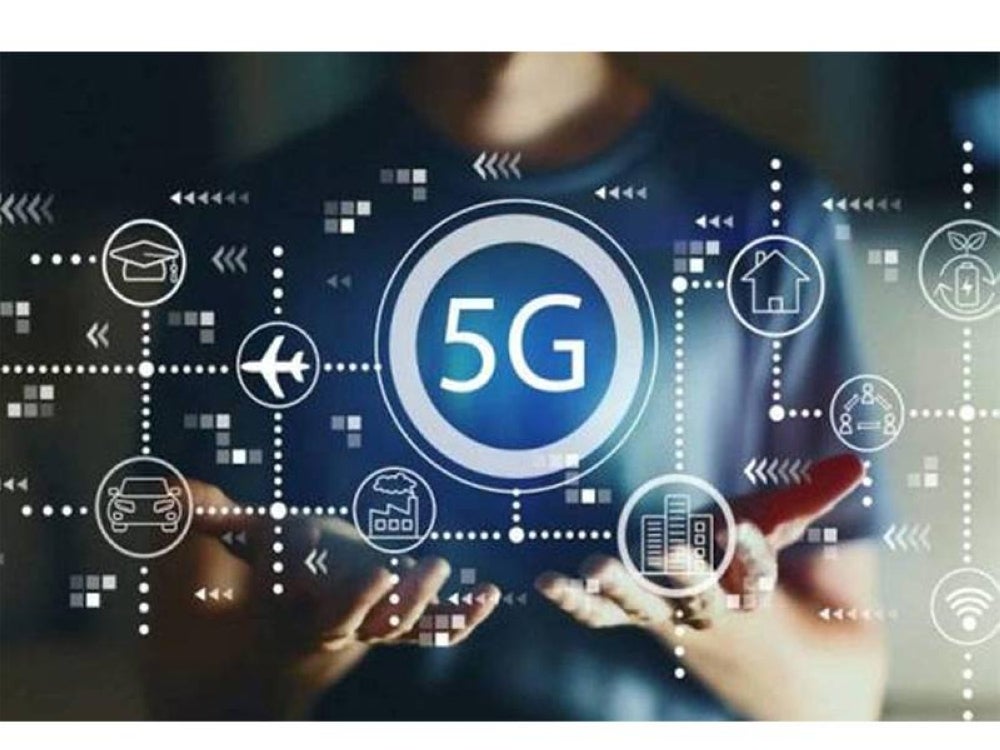Consider nation's security, costs before nodding to second 5G network, say experts

Swedish telecommunications giant Ericsson was appointed as the 5G vendor by Digital Nasional Bhd (DNB) with contracts worth RM11 billion after a three-month tender process. According to DNB, Ericsson was picked out of four players and their estimated cost was around RM700 million lower than the next closest bid.
SHAH ALAM: Two experts have raise concerns on Putrajaya's move to to deploy a second 5G network from as early as January, after Digital Nasional Bhd achieves 80 per cent coverage to populated areas by the end of 2023.
Malaysia has not ruled out China’s Huawei as it eyes second 5G network despite the US and EU warning risks to national security amid purported interest from Huawei for a role in Malaysia's 5G rollout. Previously, Putrajaya had partnered with local unit of Swedish telecom major Ericsson AB to manage the rollout.
Former Senior Research Officer Malaysian Institute of Economic Research (MIER) Samirul Ariff Othman said Malaysia must not risk its neutral stand as tensions continue to rise between China and the US, which is spilling over into all strategic and critical sectors including the rollout of 5G technology in Malaysia.
He said Malaysia must avoid “fixing what’s not broken” by granting Chinese telecommunication firms a foothold in the country.
“Malaysia needs to ‘honour’ the contract with Sweden’s Ericsson to roll out the first network. That's what the government says even as it prepares to open up Malaysia’s 5G implementation to competitors such as Huawei and ZTE.
“While the government frequently touts its ‘neutrality’ the fact is it has gone ahead with the ECRL and other controversial projects despite allegations of corruption and a huge toll on the Malaysian taxpayer. If the government now gives in to pressure from China to allow the entry of China’s telcos, can we say Malaysia is still neutral? Looking from the outside it appears that we are tilting towards Beijing,” he told Sinar Daily.
Swedish telecommunications giant Ericsson was appointed as the 5G vendor by Digital Nasional Bhd (DNB) with contracts worth RM11 billion after a three-month tender process. According to DNB, Ericsson was picked out of four players and their estimated cost was around RM700 million lower than the next closest bid.
Recent reports have highlighted that the US and the EU have written to Putrajaya, warning them of the negative implications if it decides to change the current 5G deployment via a Single Wholesale Network model. Their key concern is security risks involved if allowing a second 5G network would open an opportunity for Huawei to be involved.
“There is something to be said about the hype of getting China involved in our 5G network. Malaysia has always been Westward looking for its technological needs and for good reasons. These are trusted technology suppliers and partners,” Samirul said.
“Regionally Vietnam and Singapore have refused to allow Huawei a way in, while India and the US, European Union (EU) have taken steps to lock out Huawei and other China telcos. Remember that if we are to continue doing business with these countries, we will have to comply with certain security standards and these are not to be found with the likes of Huawei,” he added.
At the moment, Malaysia’s national 5G network rollout by DNB is at 54.7 percent population coverage as of 31st March 2023. To catch up, the target is now to achieve 80 percent 5G population coverage by the end of 2023, which is a year ahead of DNB’s original schedule.
Communications and Digital Minister Fahmi Fadzil said on Wednesday that a second vendor will be allowed next year. It is widely believed that Huawei and other Chinese telcos are making an aggressive bid to fill the role.
The government has yet to conclude its 5G review and decide on its next steps. It was reported that the government is considering breaking DNB’s 5G monopoly by allowing a second 5G network to enable infrastructure competition.
Moving forward Samirul urged the government to live up to its commitment with Ericsson so as not to cause any doubts over the country’s ability to fulfil agreements: “Why change what's already underway all in the name of granting China concessions. Haven’t enough concessions been made already?”
“And if Ericsson needs to be supplemented there are various other 5G technology providers in other countries, even in South Korea and Japan that could easily and reliably fill the role. Remember the sovereignty and security of the country is at stake and China absolutely has an interest in seeking to gain any additional leverage it can over Malaysia,” he said.
Meanwhile Shankaran Nambiar, an economist at MIER said opening up to a second or more service providers could increase competition and benefit consumers as long as doing so did not increase the cost of the initial roll-out.
“The global experience has always tilted on the side of better outcomes when there is competition. In that context it makes sense to have a second provider.
“It is not, however, clear if bringing in a second provider at this point will raise costs. If the second provider is going to take up work that the first provider should have provided, then it would add to costs,” he told Sinar Daily.
However the inclusion of Huawei into the 5G roll-out would be controversial, with Nambiar warning that should a sizable number of multinational companies (MNCs) lack confidence in Huawei over security concerns, the government would have to take these into account.
“The issue of Huawei being a provider is a delicate issue. If a sizable number of MNCs have no confidence in Huawei, and if they think issues of data security are at stake, then I think the government will have to be sensitive to their concerns,” he said.
“I think all MNCs respect Malaysia's sovereignty. I don't think there is any intention of meddling with our rights, as a nation, to do what we want to do. At the same time, these MNCs have a right to be worried about their data security. It is for Huawei to convince all concerned that data security issues will not be infringed,” he added.











